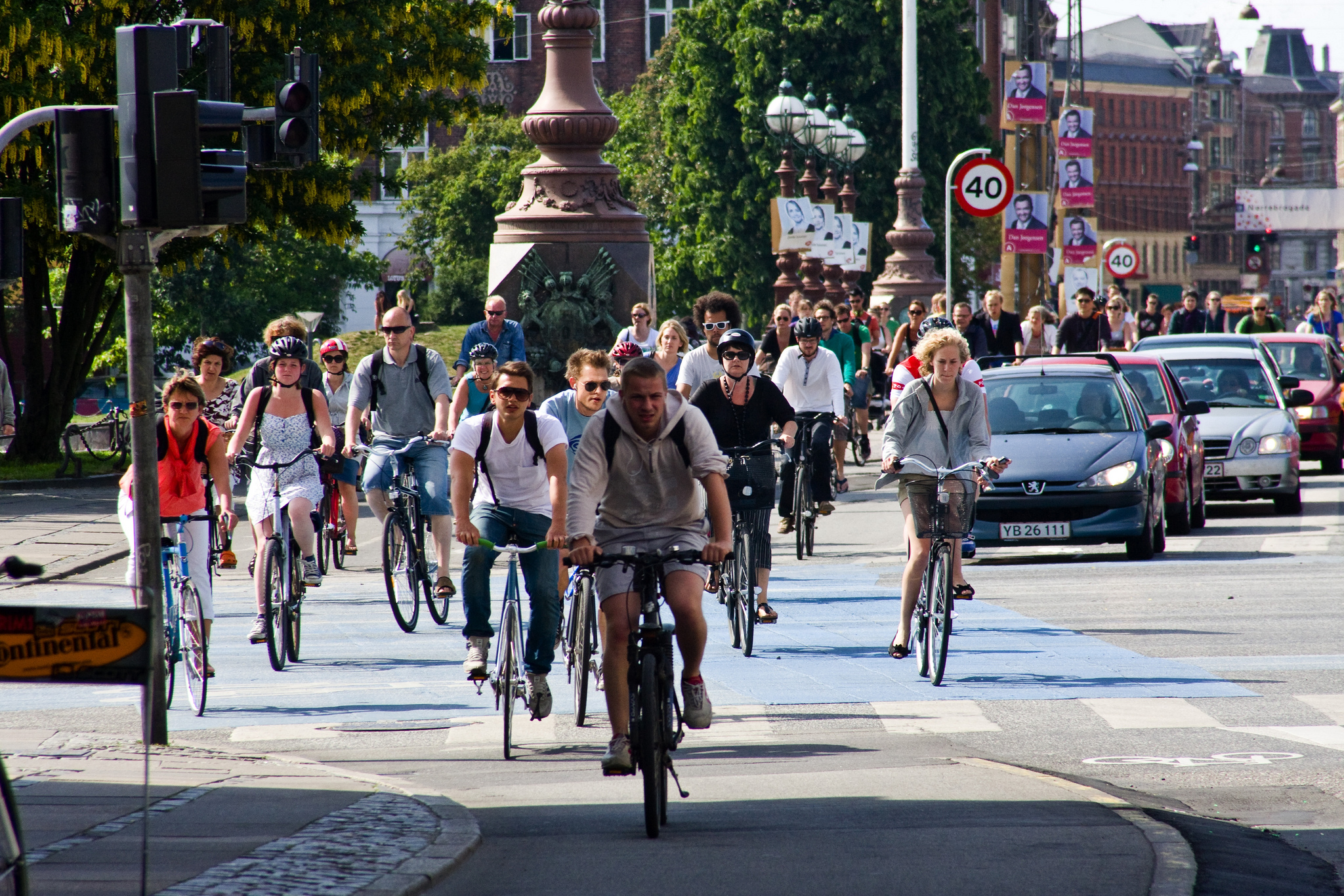
German High Court allows diesel car bans in cities
Two years and a half after the beginning of the Volkswagen emissions scandal, today Germany’s top Administrative Court backed environmental plans that may lead to a ban on diesel cars in cities.
The judges refused to overturn lower court rulings that pushed Stuttgart and Dusseldorf toward rules that would halt diesel vehicles from city centers, and told the cities to return with further developed plans to cut levels of nitrogen dioxide.
Presiding Judge Andreas Korbmacher said on Tuesday.
“Bans are generally permissible and can be implemented in a way to avoid disproportionate effects. European Union rules require that cities must implement them if there are no other effective measures to reduce pollution.”
The lower courts had argued that banning diesel cars in inner cities is the most effective way to cut pollution swiftly and meet EU pollution limits. No other proposal would bring cleaner air to quickly mend the situation, the Dusseldorf and the Stuttgart courts ruled. Car owners’ property rights are less important than protecting the health of citizens, according to those rulings.
For these reasons ECF strongly welcomes the Court’s decision. However, in order to improve air quality in the long-run, ECF and our German member ADFC call upon public authorities to promote cycling as an equal mode of transportation. Germany (and all other EU Member States who infringe EU air quality standards) need a mobility transition!
Implementing EU air quality standards is primarily a job for national authorities. ADFC therefore published a manual with detailed instructions on how to promote cycling [1].
However, many EU Member States fail to address the issue properly. One month ago, ahead of the EU Ministerial Summit on Air Quality, ECF and our member organisations sent a letter to EU Commissioner for Environment and national environment ministers calling for following actions from Member States [2]:
- Set up a National Cycle Investment Fund. It shall be equipped with annual investments equal to at least 10 Euro per person and used to co-fund local and regional cycle projects, such as cycle highway projects and other measures;
- Introduce or extend a national support scheme for the purchase of conventional and electric bicycles (L1e-A), the latter similar to schemes given to e-cars in a number of countries, and/or set up tax-free allowance schemes for cycle to work;
- Frame national support and coordination to cycling in a systematic manner, by developing and implementing a national cycling strategy.
In his reply to ECF, Karmenu Vella, EU Commissioner for Environment, stressed that the Commission takes air quality very seriously, while referring to both Member States responsibility to act, as well as EU action . Mr. Vella also added “a new stream of activities will soon start as a Commission response to the blueprint for the EU cycling strategy prepared by the stakeholders”. [3]
Notes:
[1] ADFC: Mehr Radverkehr statt Fahrverbote. Sofortmaßnahmen zur Steigerung des Readverkehrs. Here
Regions:
Contact the author
Recent news!
Upcoming events
Contact Us
Avenue des Arts, 7-8
Postal address: Rue de la Charité, 22
1210 Brussels, Belgium









